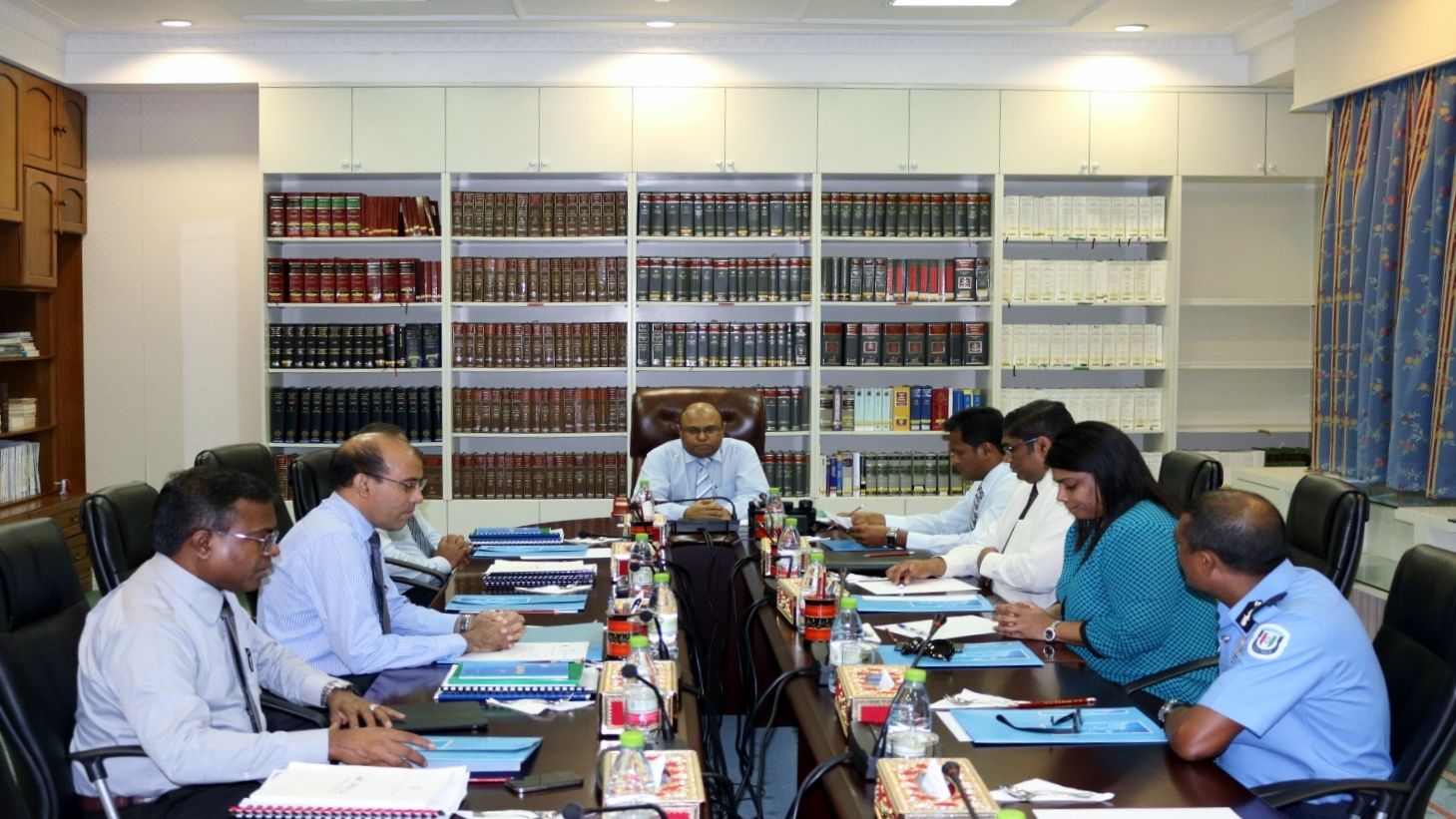Supreme Court proposes changes to new penal code
The Supreme Court has proposed amendments to the Maldives’ new penal code in the first known meeting of the multi-stakeholder judicial sector law reform committee on Sunday, according to the state broadcaster.

02 Feb 2016, 09:00
The Supreme Court has proposed amendments to the Maldives’ new penal code in the first known meeting of the multi-stakeholder judicial sector law reform committee on Sunday, according to the state broadcaster.
The committee was formed by the apex court in 2014, and comprises of the five judges of the Supreme Court, the prosecutor general, the attorney general, the police chief and the home minister.
Public Service Media did not reveal details of the proposed changes.
The new penal code, which came into force in July, replaced a 1968 code that was criticised as draconian and out dated. Despite the adoption of the new progressive code, it is not clear if it has been applied in sentencing yet.
Become a member
Get full access to our archive and personalise your experience.
Already a member?
Discussion
No comments yet. Be the first to share your thoughts!
No comments yet. Be the first to join the conversation!
Join the Conversation
Sign in to share your thoughts under an alias and take part in the discussion. Independent journalism thrives on open, respectful debate — your voice matters.




